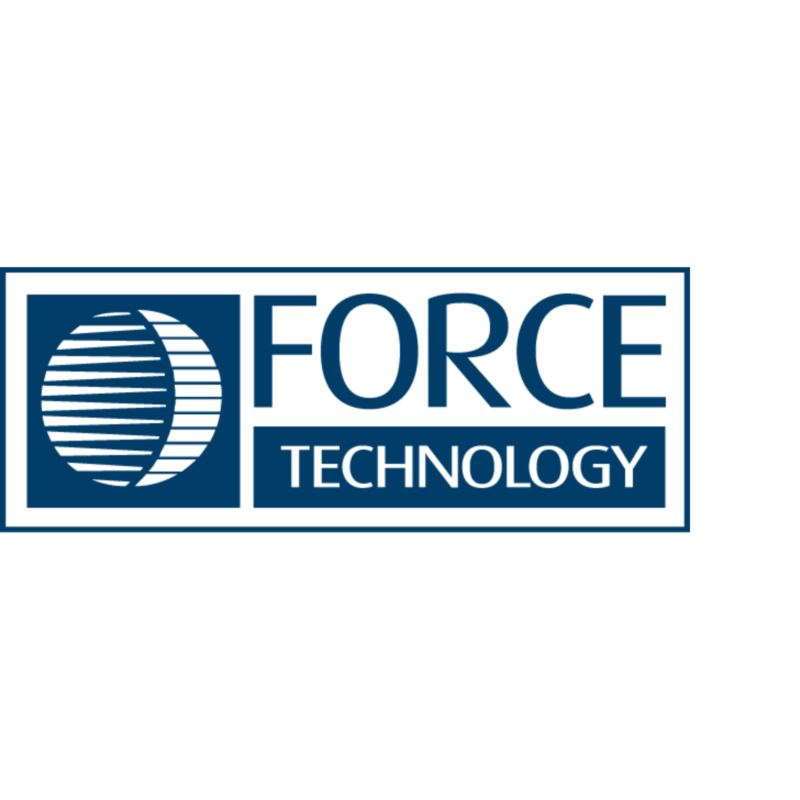At IDSA, we are committed to expanding the global network of international hub facilitators. The University of Tokyo will become our new hub in Japan, and its official inauguration will take place this fall. In a workshop organized by the Data Society Alliance (DSA), our partner agency closely linked to the Japanese government, we discussed the future Japan strategy of IDSA and decided that we will establish this hub this year. Professor Koshizuka of the University of Tokyo presented the future goals of the hub. Further areas of collaboration and use cases will be jointly developed.
Data Free Flow with Trust – an important report on secure data sharing
But equally important during my visit was my involvement in the DFFT (Data Free Flow with Trust) report. I was part of a panel discussion at the G7 Digital and Tech Ministers meeting focused on the jointly developed DFFT report. It features recommendations for the G7 Digital Ministers to develop a trustworthy data economy. The need for a trusted data flow to improve efficiency and resilience of business transactions is significant. Representing IDSA I contributed to this collaborative effort alongside participants from Dawex, German Center for Aviation and Space Travel, FIWARE, BDVA, Gaia-X, the University of Tokyo as well as representatives from Japan, India and China. The momentum continuous as a follow-up to the G7 meeting is scheduled in Berlin, from July 17 to 19.
What are the core principles in this document? The guiding recommendations for secure data sharing are the principles of data sovereignty, interoperability and usage control. We presented that on stage of the panel at the G7 Digital and Tech Minister conference and explained every single clause. The participating organizations are working to put this issue on the political agenda of the G7 ministers. We urged them to be aware of this topic and, at best, put it in their national legislation. The ministers recognized the importance of secure data sharing and its geopolitical relevance. Now the recommendation is to establish a discussion body of industry, government and academia.
Let´s build data spaces around the world!
Apart from the DFFT work and the hub development, I engaged in bilateral talks with the Robot Revolution and Industrial IoT Initiative (RRI) following a meeting that took place in Dortmund, Germany this spring. These discussions explored expanded collaboration opportunities, aiming for a closer relationship and alignment between our mutual working groups. At the facilities of Mitsubishi Corporation, I unfurled the IDS concept and explored potential synergies, inviting them to join our community of data space enthusiasts. With its numerous branches and subsidiaries, Mitsubishi Corporation holds immense potential as a vital player in IDSA’s growing network of global corporations.
Let’s conclude this successful business trip that began with the visit to a shrine by celebrating the cooperation with a haiku. This traditional form of a Japanese poem always includes 17 syllables.
In Japan’s embrace,
Data spaces bloom with grace,
Importance echoes.










